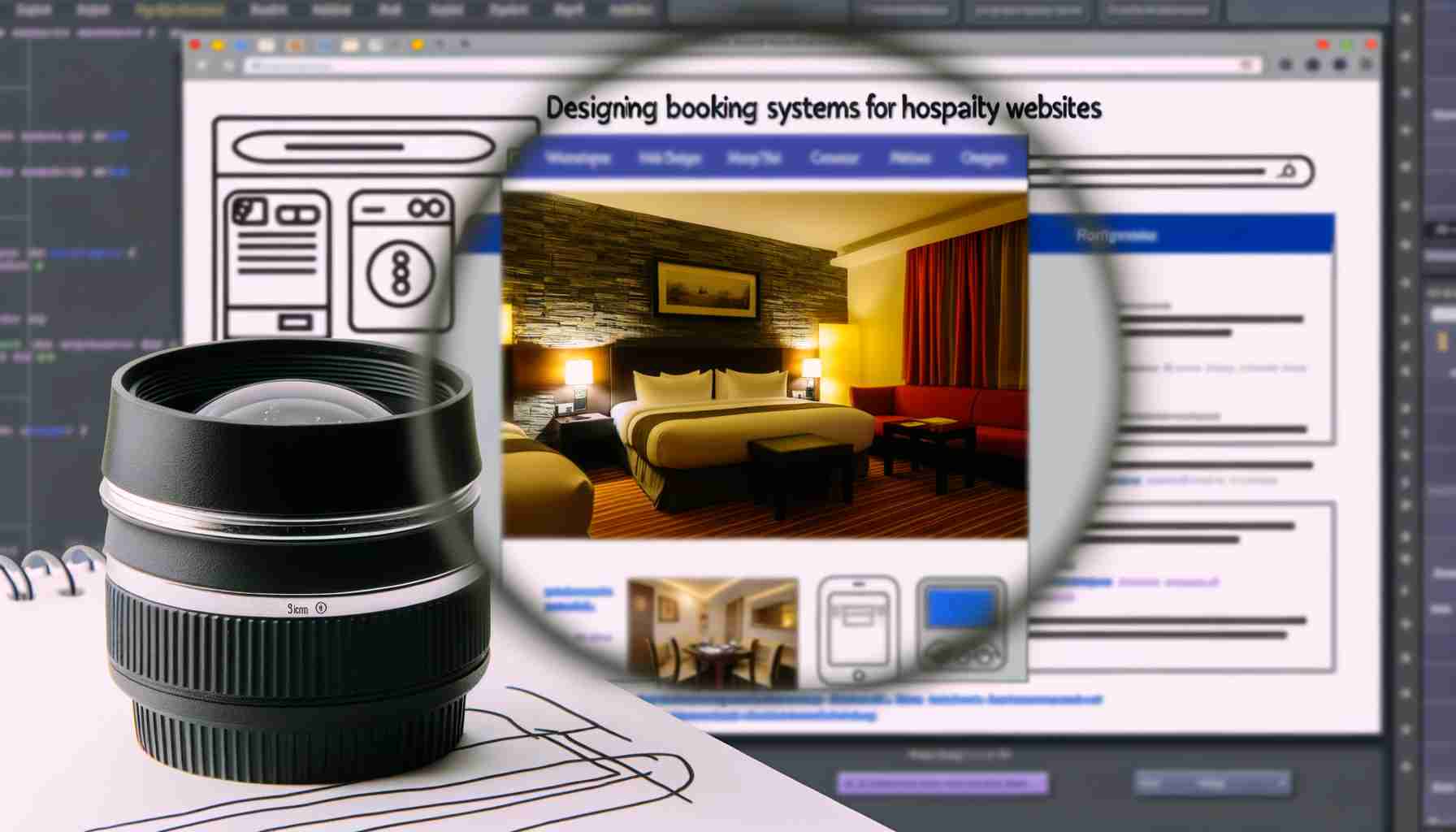
Designing Booking Systems for Hospitality Websites: Boosting Direct Reservations
Creating effective booking systems for hospitality websites is all about enhancing the customer experience. As more guests choose to book directly through hotel websites, it’s essential that these platforms are both user-friendly and visually appealing. Let’s explore some key elements that can truly make a difference in booking systems, focusing on the integration of technology and user experience.
Essential Features of Hospitality Booking Systems
When crafting a compelling booking system, here are some important features to think about:
- User-Friendly Booking Engine: A simple and intuitive booking engine is crucial for increasing those direct bookings. Guests appreciate clarity and ease in the booking process.
- Intuitive Reservation Forms: An easy-to-use reservation form can significantly improve user experience, leading to higher conversion rates as it streamlines the booking process.
- Mobile Responsiveness: Today’s guests often book using their mobile devices, so making sure your design works well across different screen sizes is essential.
Supporting Evidence and Best Practices
Real-world examples can help us see how optimizing booking systems makes a positive impact in hotels:
- Integration with Property Management Systems (PMS): A booking site that connects cleverly with a PMS can automate updates and make operations smoother. This not only saves time but reduces confusion.
- Regular Content Updates: Keeping your website fresh with seasonal imagery and current promotions helps maintain engagement and keeps your offerings relevant.
- Central Reservation Systems (CRS): A CRS can harmonize multiple booking channels, helping to prevent overbooking and keeping pricing consistent.
Implications for Hospitality Businesses
The insights we’ve gathered underline the importance of selecting website templates and features that resonate with your hotel’s brand and target audience. By honing in on user experience through smart technology integration, hotels can not only boost direct bookings but also enhance guest loyalty. Focusing on mobile-friendly designs and the necessity of fresh content illustrates that proactive web management is vital for thriving in today’s hospitality landscape.
As we wrap up, remember that a thoughtful approach to designing hospitality booking systems can significantly enhance both user satisfaction and business performance. Hotels that prioritize user-friendly features, effective technology integration, and ongoing updates can really stand out in a competitive market.
For any hotel looking to revamp its booking system and improve its online presence, investing in streamlined solutions that engage visitors can make all the difference.
- Creating Effective Websites for Service Providers
- The Importance of Portfolio Features for Creative Professionals
- How to Showcase Testimonials for Trust Building
View Our Previous 20 Posts
- How to Showcase Testimonials for Trust Building
- Creating Effective Websites for Logan's Service Providers
- Effortlessly Recover and Restore Deleted Pages in WordPress
- Essential Features for a Successful Brewery Tour Website
- Effortlessly Backup and Restore Your WordPress Site with UpdraftPlus
- Essential Features Every Fitness Influencer Website Needs
- The Process of Redesigning Your Logan Business Website
- Signs It's Time for a Website Redesign
- Measuring the Success of Your New Website Design
- Common Pitfalls to Avoid in Website Redesigns
- The Role of User Feedback in the Redesign Process
- How to Maintain SEO Rankings During a Redesign
- Steps to Plan an Effective Website Overhaul
- Mastering Private Posts in WordPress: A Step-by-Step Guide
- Essential Features Every Community Center Website Should Include
- Discover the Owner of Any Domain Name Easily
- How to Optimize Your Logan Business Website for SEO
- On-Page SEO Strategies for Local Businesses
- Tools for Monitoring and Improving SEO Performance
- The Importance of Regularly Updating Website Content












